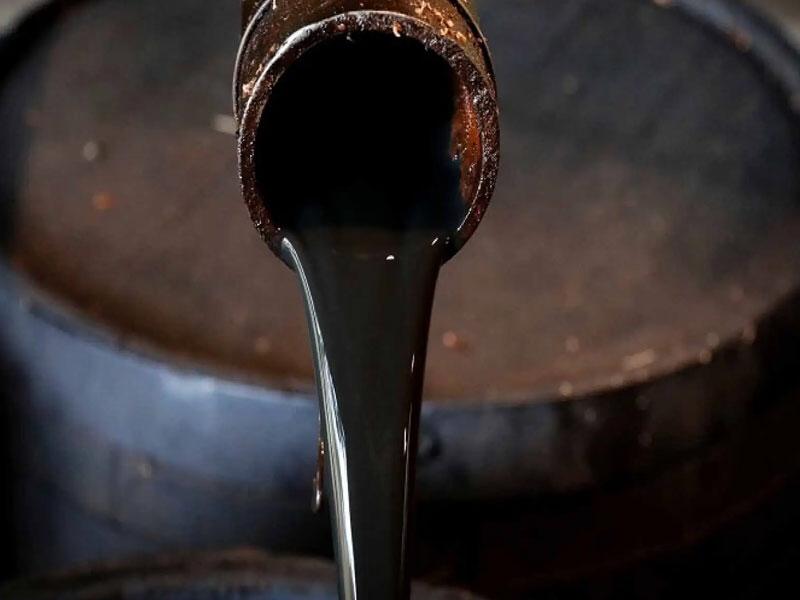
If the government gets rid of restrictive rules that can stifle the industry’s potential, stakeholders claim that Nigeria’s oil and gas sector has what it takes to generate double-digit growth that will help lift the economy. Nigeria has been hailed as the powerhouse of Africa far too often, and 2023 won’t be any different. However, the nation is also notorious for being home to millions of impoverished people who fight to survive on a daily basis. Despite accounting for more than 95% of the nation’s export revenues, the oil and gas industry, which is the backbone of the economy, only contributed 5.66 percent to the total real gross domestic product of the nation in the third quarter of 2022. In order to change the narrative in 2023, business leaders have asked government authorities to remove structural barriers that make it difficult for investors to operate or deploy investments.
According to a senior business executive in the upstream sector, “saving the oil industry will stop the bleeding of Nigeria’s economy, but this is impossible if the government agencies want to be the center of all business conversation.” Investors, he claimed, generally agree that the government’s handling of the asset sale deal involving ExxonMobil and Seplat Energy Limited is not an honorable way a government attracts new investment into a sector where investments have been far too scant. “If a company with Seplat’s pedigree is willing to spend $1.3 billion to acquire another company, I think we should give that company a chance; if not we will kill other fresh investments looking for a new haven,” he said.
According to data from the National Bureau of Statistics, foreign investment in Nigeria’s oil and gas industry has also decreased significantly. For instance, foreign investment inflows into the industry fell from $200 million in quarter 2 of 2016 to $1.9 million in the corresponding quarter of 2022, representing a 99 percent decrease. According to Wunmi Iledare, director of the University of Cape Coast’s Institute of Oil and Gas, the rent-seeking and rent-sharing mentalities in Nigeria’s oil and gas industry must end by 2023. “Most of the agencies in Nigeria are personality-driven rather than having institutional empowerment”. He said, “using non-state actors like ex-militants to tackle the activities of pipeline vandals is creating a system that will empower mini-gods in Nigeria’s oil and gas sector.” The Nigerian National Petroleum Company Limited (NNPC) hired Tantita Security Service, a private security firm owned by Government Ekpemupolo (Tompolo), on August 13, 2022, to monitor pipelines due to the threat of crude oil theft.
According to findings, oil bunkers in the states of Delta and Bayelsa have made over 58 unauthorized connections to the Trans-Escravos, Trans-Forcados, and other important trunk lines. However, experts assert that the federal government’s newfound flirtation with ex-militants puts Africa’s largest oil exporter in more danger. “The contract to Tompolo will fuel militancy, which was born out of resentment in the Niger Delta, where multi-billion-dollar oil installations sit among villages of shacks perched on stilts over viscous, blackened water,” Joe Nwakwue, a former chair of the Society of Petroleum Engineers, said. Apart from oil theft, the Nigerian oil industry has experienced repeated gasoline shortages since the start of last year in addition to oil theft.
For several years, the federal government has been the only importer of gasoline through NNPC, subsidizing the product while other oil marketers stopped doing so since it was difficult to get access to US dollars. The controversial fuel subsidy program is still in place, and its newest expiration date is June 2023. The practice is expected to consume a fourth of the whole budget for 2023 and is still causing financial problems for the administration. “More than any other period we need to fully deregulate the downstream sector in 2023,” Ola Alokolaro, partner, energy and infrastructure at Advocaat Law Practice, said. The deregulation of the petroleum downstream industry, according to a document obtained by BusinessDay from the Centre for the Promotion of Private Enterprise (CPPE), is a crucial component of 2023’s economic transformation. “This is inevitable if we must unlock investment in the sector to put an end to the perennial fuel scarcity and the monopolistic structure of the sector,” Muda Yusuf, CPPE’s director, said.
Other experts think the Dangote Refinery, if it opens in 2023, might change everything for Nigeria. “This will not only free Nigeria of the embarrassment of having to import refined petroleum products but should also remove the lingering fuel scarcity, the pressure on foreign exchange, and above all to free Nigeria of unaccountable subsidy payments,” said Kelvin Atafiri, who runs Cavazanni Human Capital Limited, an investment firm exposed to the oil and gas sector.
Original Article Written By: Oladehinde Oladipo
